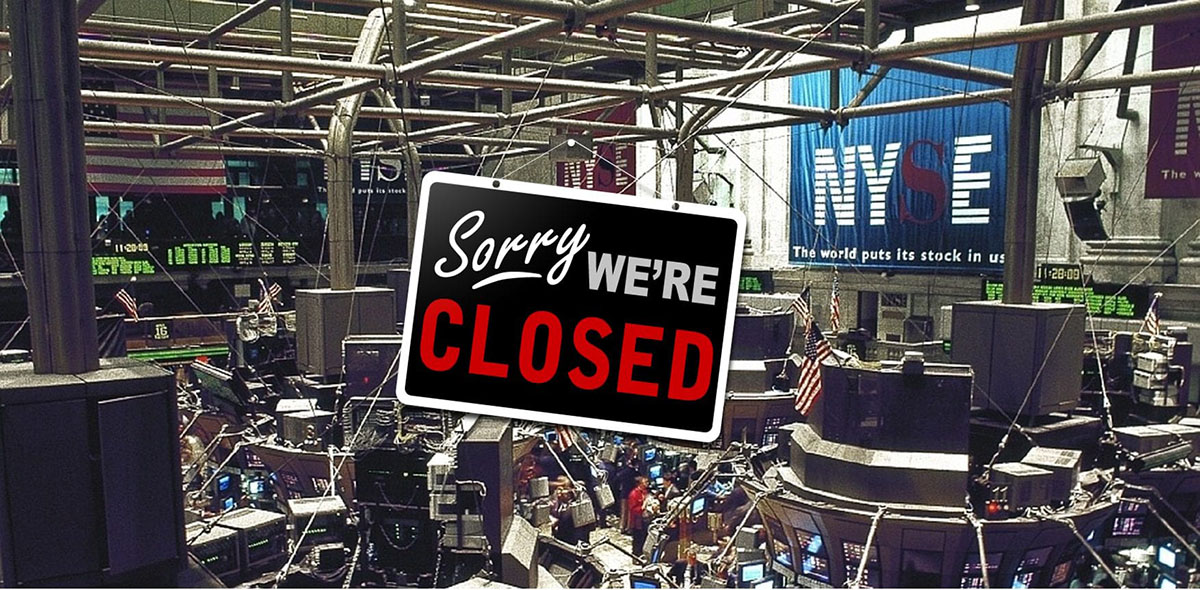Home>Finance>Bank Holding Company Definition, How It Operates


Finance
Bank Holding Company Definition, How It Operates
Modified: December 30, 2023
Discover the definition and operation of a bank holding company in the world of finance. Learn how these entities function to oversee and control subsidiary banks.
(Many of the links in this article redirect to a specific reviewed product. Your purchase of these products through affiliate links helps to generate commission for LiveWell, at no extra cost. Learn more)
Bank Holding Company Definition: How It Operates
Finance is a vast and ever-evolving field that encompasses various sectors, including banking. In the world of banking, there are numerous regulations and structures in place to ensure stability and appropriate oversight. One such structure is the bank holding company. In this blog post, we will explore the bank holding company definition and how it operates.
Key Takeaways:
- A bank holding company is a corporate entity that controls one or more banks.
- It is subject to Federal Reserve regulations and plays a crucial role in managing the operations and activities of its subsidiary banks.
So, what exactly is a bank holding company? In simple terms, a bank holding company is a corporate entity that controls one or more banks. It is created to hold the controlling interest in these banks and oversee their operations. Bank holding companies are subject to strict regulations overseen by the Federal Reserve, which ensures their compliance with financial and banking laws.
Now that we have defined what a bank holding company is, let’s delve into how it operates. Here are the key aspects of its functioning:
- Ownership and Control: A bank holding company typically owns a majority of the voting shares of its subsidiary banks. This ownership allows it to exert significant control over the banks’ operations, policies, and strategic decision-making processes.
- Financial Strength and Stability: Bank holding companies provide financial stability and support to their subsidiary banks. They have the capital and resources to inject additional funds into their banks if needed, ensuring their stability during challenging economic times.
- Regulatory Oversight: Bank holding companies are subject to regulatory oversight from the Federal Reserve. The Federal Reserve closely monitors their activities, capital adequacy, risk management practices, and compliance with relevant banking laws to maintain the stability and integrity of the financial system.
- Diversification and Expansion: Bank holding companies often engage in strategic acquisitions to expand their operations and diversify their business portfolios. By acquiring other banks or financial institutions, these holding companies can access new markets, increase their customer base, and enhance their overall profitability.
- Non-Banking Activities: Besides owning and managing banks, bank holding companies can also engage in non-banking activities such as investment banking, brokerage services, insurance, and more. These activities further contribute to their financial strength and provide additional avenues for revenue generation.
In conclusion, a bank holding company is a crucial component of the banking industry, providing oversight, stability, and strategic direction to its subsidiary banks. With its ownership and regulatory powers, it plays a significant role in the functioning and growth of the financial system. Understanding the bank holding company definition and how it operates can provide valuable insights into the dynamics of the finance sector.














